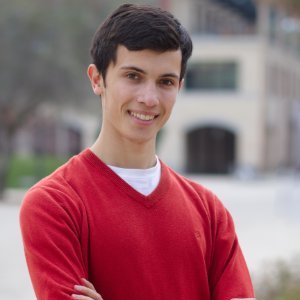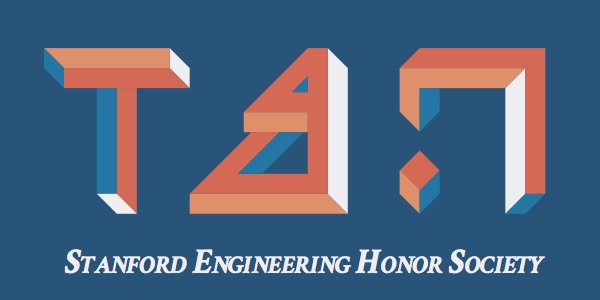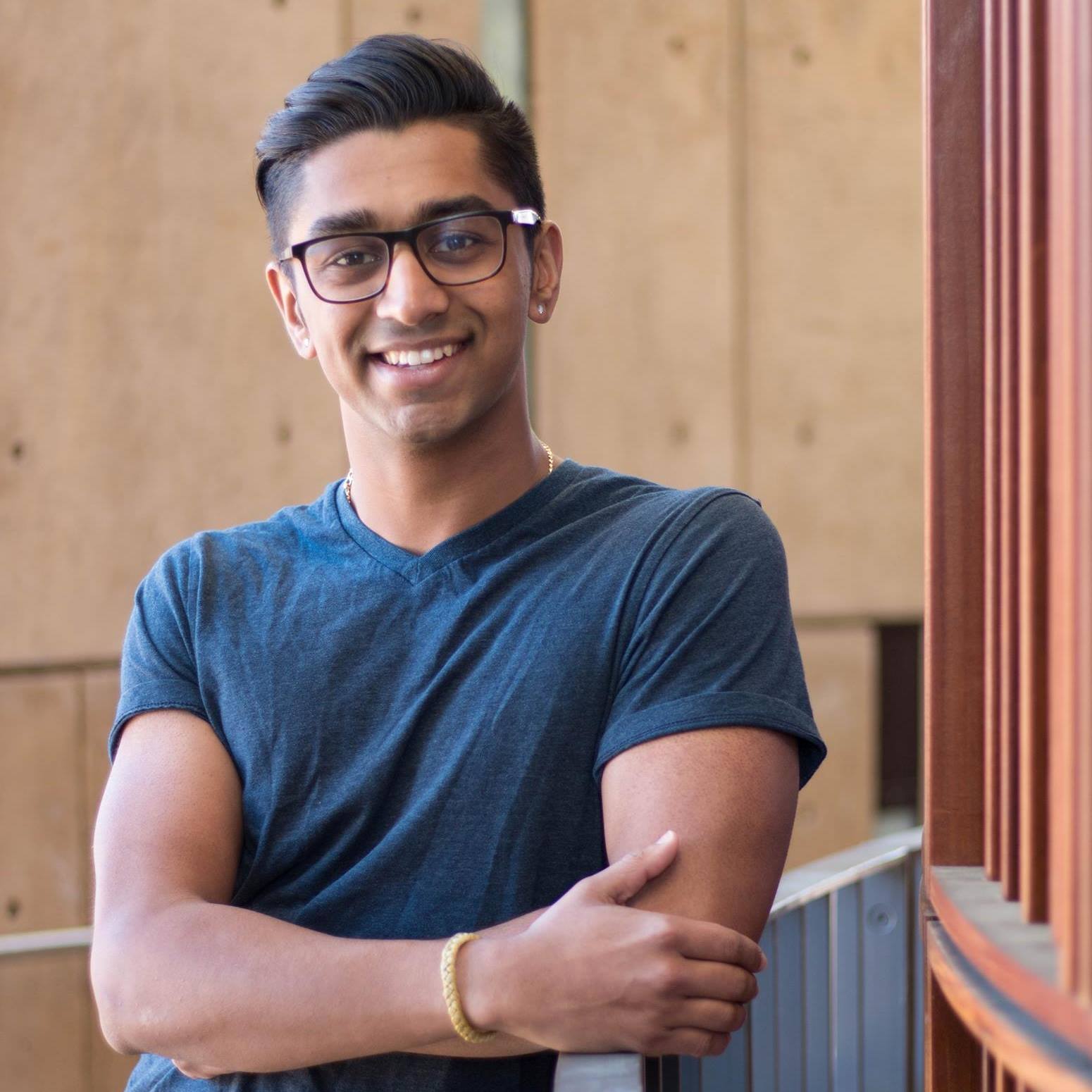Having long thought my future career would be in scientific research, I participated in the Stanford Chemical Engineering Department’s summer research program last summer under Dr. Gerald Fuller. I had never done research at Stanford and my high school research had been pretty rudimentary and guided, so I was excited to take on an independent project of my own. Of course, the experience would have been far less valuable without the guidance from my post-doc mentor, John Frostad, but having a project of my own has built my academic confidence and allowed me to clarify my future research interests.
I decided to apply to work in the Fuller lab the preceding winter quarter while taking his introductory fluid mechanics class (CHEMENG 120A). I was interested by the richness of fluid dynamical phenomena and the contradiction of the mathematical precision of the theory and the chaos that is often observed in real-life fluid flow. I spoke with Dr. Fuller after class one day to discuss potential projects and expressed interest in his spin rinsing project. I would study a poorly understood instability in the spreading of an impinging water jet on a rotating silicon wafer. The project offered experience in designing experimental setups and procedures as well as in image processing with Python libraries. Scientifically, I could alter the fluid flow pattern by varying the centrifugal force from the rotation, the hydrodynamic force of the impinging jet, and various rheological forces by pre-wetting the silicon wafer with different liquids. The diversity of experiences involved in the project has kept me interested through the present day and has encouraged me to apply for the Goldwater Fellowship for undergraduate research and ultimately write my honors thesis on my research.
Of course, several difficulties arose. Initially I had no experience with the Python programming language or image processing — just CS 106A freshman year. Designing image processing software daunted me, but tackling the challenge taught me the most important lesson in research, which happens to be Google Scholar’s motto: “stand on the shoulders of giants.” I didn’t need to reinvent the wheel or, in this case, image processing, but rather identify the appropriate methods and algorithms for my specific purpose. After testing out a few methods from the Python libraries for myself, I found a promising direction and completed a workable method to process all of our videos by the end of the first five weeks. That was when the real difficulties began, though. To improve the precision of the experiments, I had to automate the spin coater that rotated the silicon wafer by connecting it with the Matlab program that controlled the camera and impinging jet. The programming was easy after image processing, but I spent three weeks troubleshooting the Ethernet connection between the computer and spin coater. While proud of my perseverance in not giving up day after day, I was embarrassed to find that the problem was that the default “end command” character in Matlab was not the one the spin coater expected. Voila, a programmable spin coater. Definitely worth the misery.
In the final two weeks I felt rushed trying to pull together another round of experiments with the automated spin coater and put together a final presentation for group meeting. Thankfully my mentor had been requiring the other intern and me to work on and present a portion of our presentation at weekly group meetings (moral: you should always be working on your poster/presentation); however, the changes in the experimental setup meant my image processing software no longer worked. Here I learned the other important lesson in research: everything takes longer than expected. Thankfully I’ve been able to continue research during the school year. Although I’m still working on getting the data I originally wanted at the start of the summer, I’m learning practices, techniques, and life skills I’d never have even been aware of without this project, which has made it the most valuable academic experience I’ve had at Stanford.


